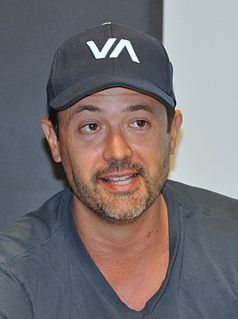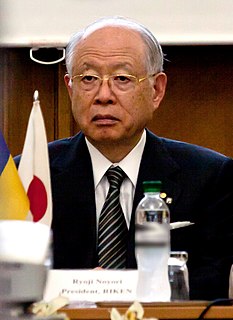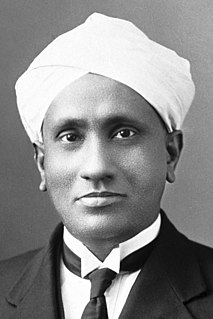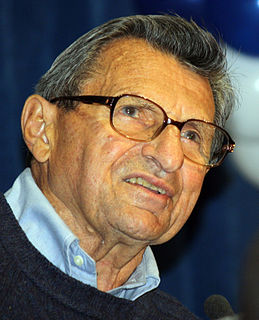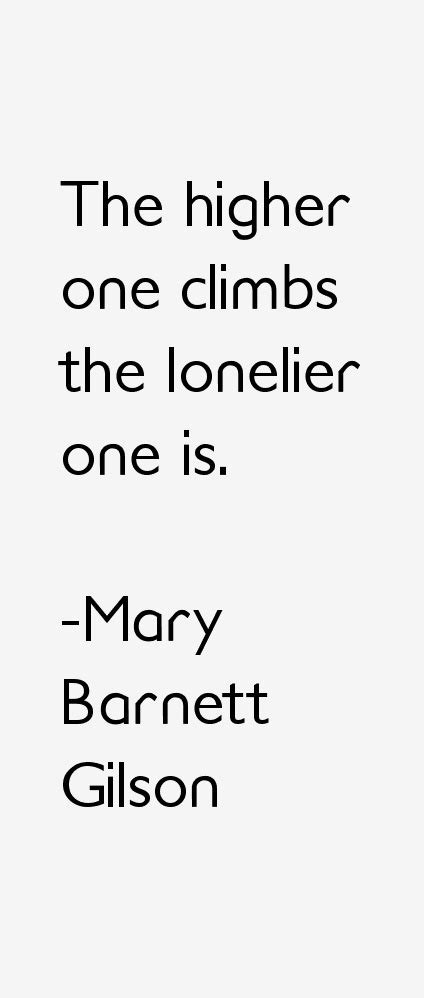A Quote by Stephan Pastis
When I was at the University of California at Berkeley, I went to some classes that must have had more than four hundred students in them. I almost always sat in the far back of the auditorium so I could read the newspaper. I remember that I stayed late one day to ask the professor a question, and when I got up to him, all I could think to myself was, 'So this is what the professor looks like.
Related Quotes
My father was a university professor and his thing was tenure. Any time I hear a university professor say tenure, I hear the word dinosaur. You're not supposed to be getting tenure. You're supposed to be figuring out how you can teach more students at a better price and more effectively. That's your job.
If you had a system that could read all the pages and understand the context, instead of just throwing back 26 million pages to answer your query, it could actually answer the question. You could ask a real question and get an answer as if you were talking to a person who read all those millions and billions of pages, understood them, and synthesized all that information.
A professor was telling students about his colleagues class. Students in the other class had taken to tossing erasers at the clock. Each precise hit caused it to jump ahead one minute. Before class one morning they succeeded in advancing the clock by ten minutes. Since the new time indicated that the professor was beyond the accepted starting time, the class left. The professor never said a word about the incident. However, he presented the class with a killer of a final exam. As the students labored to finish in the allotted time, the professor amused himself by tossing erasers at the clock.
Mr. Moony presents his compliments to Professor Snape, and begs him to keep his abnormally large nose out of other people's business. Mr. Prongs agrees with Mr. Moony, and would like to add that Professor Snape is an ugly git. Mr. Padfoot would like to register his astonishment that an idiot like that ever became a professor. Mr. Wormtail bids Professor Snape good day, and advises him to wash his hair, the slimeball.
At Cornell University, my professor of European literature, Vladimir Nabokov, changed the way I read and the way I write. Words could paint pictures, I learned from him. Choosing the right word, and the right word order, he illustrated, could make an enormous difference in conveying an image or an idea.
I sat on the bench by the willows and at my honey bun and read Triton. There are some awful things in the world, it’s true, but there are also some great books. When I grow up I would like to write something that someone could read sitting on a bench on a day that isn’t all that warm and they could sit reading it and totally forget where they were or what time it was so that they were more inside the book than inside their own head. I’d like to write like Delany or Heinlein or Le Guin.
A young professor I watched in action at one of our large eastern colleges used to stand with his back to the class and mumble explanations of blackboard problems. He was "let out" at the end of two years because students refused to attend his classes. He was given an evasive reason for his dismissal and he left with justifiable bitterness toward the administration. If someone had told him the truth he could have avoided this denouement. Sometimes professors go on for years without any conception of remediable faults which irritate their listeners.
